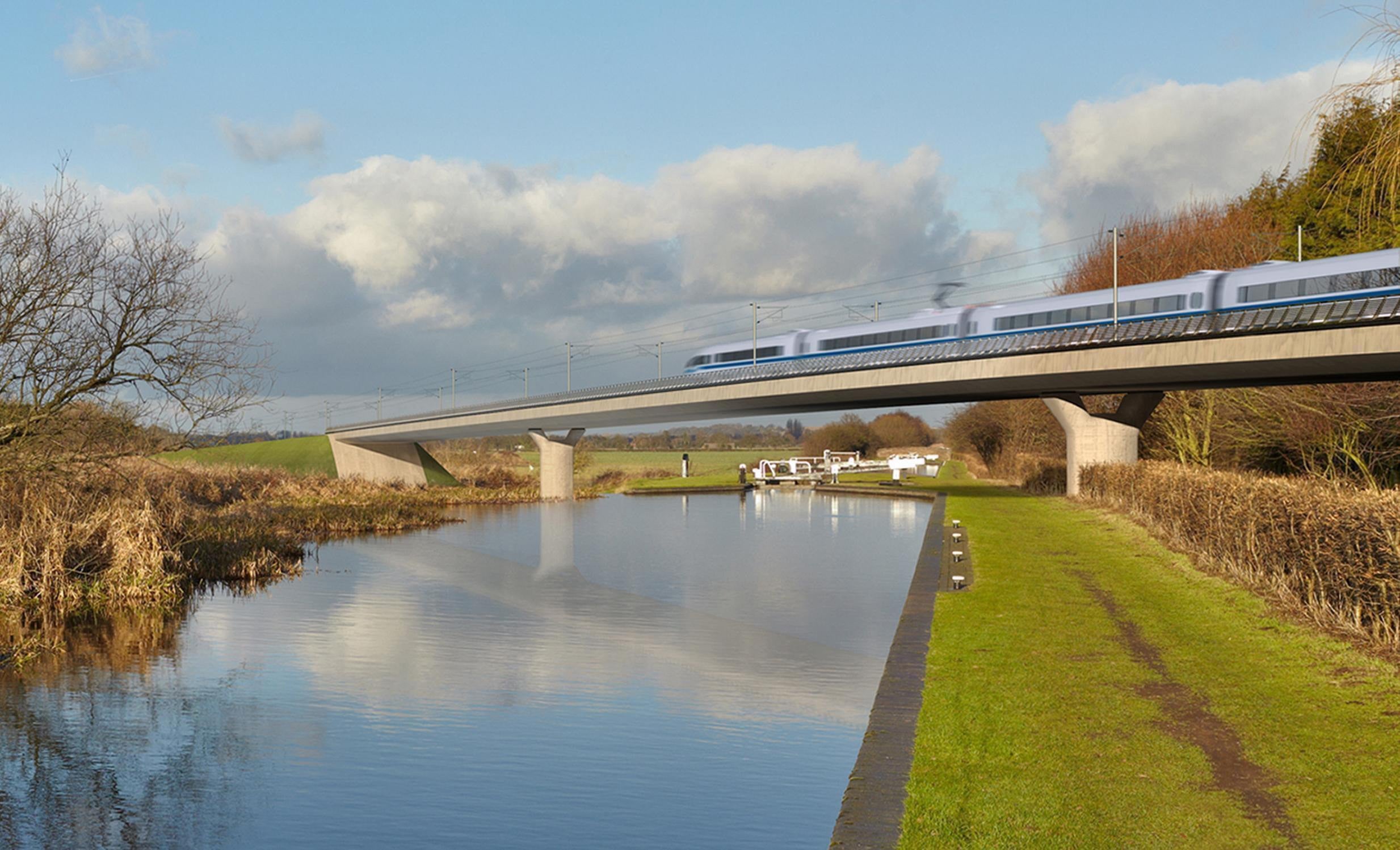High-speed rail must go to Scotland to help reach net zero, report finds
Exclusive: A new rail industry report calls for speed enhancements north of Crewe to cut journey times

Your support helps us to tell the story
From reproductive rights to climate change to Big Tech, The Independent is on the ground when the story is developing. Whether it's investigating the financials of Elon Musk's pro-Trump PAC or producing our latest documentary, 'The A Word', which shines a light on the American women fighting for reproductive rights, we know how important it is to parse out the facts from the messaging.
At such a critical moment in US history, we need reporters on the ground. Your donation allows us to keep sending journalists to speak to both sides of the story.
The Independent is trusted by Americans across the entire political spectrum. And unlike many other quality news outlets, we choose not to lock Americans out of our reporting and analysis with paywalls. We believe quality journalism should be available to everyone, paid for by those who can afford it.
Your support makes all the difference.The government should extend its plans for high-speed rail across the border to Scotland if it wants to meet its net zero climate goals, rail chiefs have said.
A new report says faster journeys between London and Edinburgh and Glasgow will encourage people to shift from domestic flights and car travel – which currently dominate the route.
While current plans for HS2 will cut the key north-south journey to less than four hours, planners say speed enhancements north of Crewe are needed to make rail more competitive and reach the “tipping point” of most passengers switching.
Taking an hour off the journey and cutting it to about three hours would see people change to rail for 75 per cent of journeys, according to modelling based on the experience with other high-speed rail projects. Just 29 per cent of people take the train when travelling between the cities – far less than between London and Manchester where the journey is only two hours.
As well as reviewing evidence from abroad, the report points to the UK’s experience with Eurostar, which “caused a reduction of London-Paris air passengers” despite sharply rising demand for flights on other routes.
“Evidence from existing high-speed rail services show significant modal shifts from car and short-haul flight alternatives. In France, for example, the TGV Atlantique route achieved a 66 per cent shift from air to rail (models had predicted just 29 per cent),” the authors said.
“Closer to home, Eurostar services reduced air passenger volumes by 50 to 60 per cent on the London to Paris/Brussels routes. In the UK, evidence shows that the tipping point for a modal shift from air to rail lies in the 21⁄2h–41⁄2h range.
“Research shows that taking an hour off rail journey times on Edinburgh/Glasgow to London and Edinburgh/Glasgow to Midlands routes would result in rail market shares growing from today’s 30 per cent share of the Anglo-Scottish travel market to 75 per cent.”
The research adds: “HS2 together with route enhancements north of Crewe that could provide three-hour London to Glasgow/Edinburgh rail journey times.”
The report points out that road transport account for 67 per cent of the transport sector’s greenhouse gas emissions, rail just 1.4 per cent – with longer distance journeys accounting for 30 per cent of vehicle miles and carbon emissions.
The government’s integrated rail plan, published in November, was widely criticised for cutting back on plans for east-west rail linking the north and midlands – but left most of HS’s new west coast high-speed rail route intact.
Under HS2, trains would run on high-speed tracks as far north as Crewe and then switch to conventional tracks for the remainder of the journey – cutting the journey time from London to Glasgow by 49 minutes from 4:30 to 3:40.
Officials at the Department for Transport have previously explored options for reducing journey times to three hours, including building a further high-speed line, or a more piecemeal approach using more limited sections of track to bypass the current slowest sections.
The DfT said: “Our Integrated Rail Plan outlines a historic £96bn investment in our railway – delivering high speed rail, faster upgrades and greener, more efficient services across the whole of the UK.
“We’ve also invited the Scottish government to help bolster the vital transport links between our nations and are considering recommendations to upgrade the West Coast Main Line north of Crewe, following last year’s Union Connectivity Review.”
Jim Steer, the report’s author, said: “The undeniable contribution that HS2 services can make in reducing carbon emissions is substantial and has been under-reported across the years.
“Modal shift will happen with HS2, much like it has across the world where high speed rail services have already been provided and integrated with other forms of transport. In this report, we have shown that high speed rail has the unique capability to achieve the modal shift that will be required to reach net zero,” added Mr Steer, who is also a board member at the High Speed Rail Group, which represents industry bodies.
Mark Southwell, chief of civil infrastructure at infrastructure planners AECOM, said: “We need to shift to low carbon forms of mobility to limit global warming. As this report demonstrates, the evidence to support a sustainable, low carbon, high speed rail network is compelling.”
Join our commenting forum
Join thought-provoking conversations, follow other Independent readers and see their replies
Comments